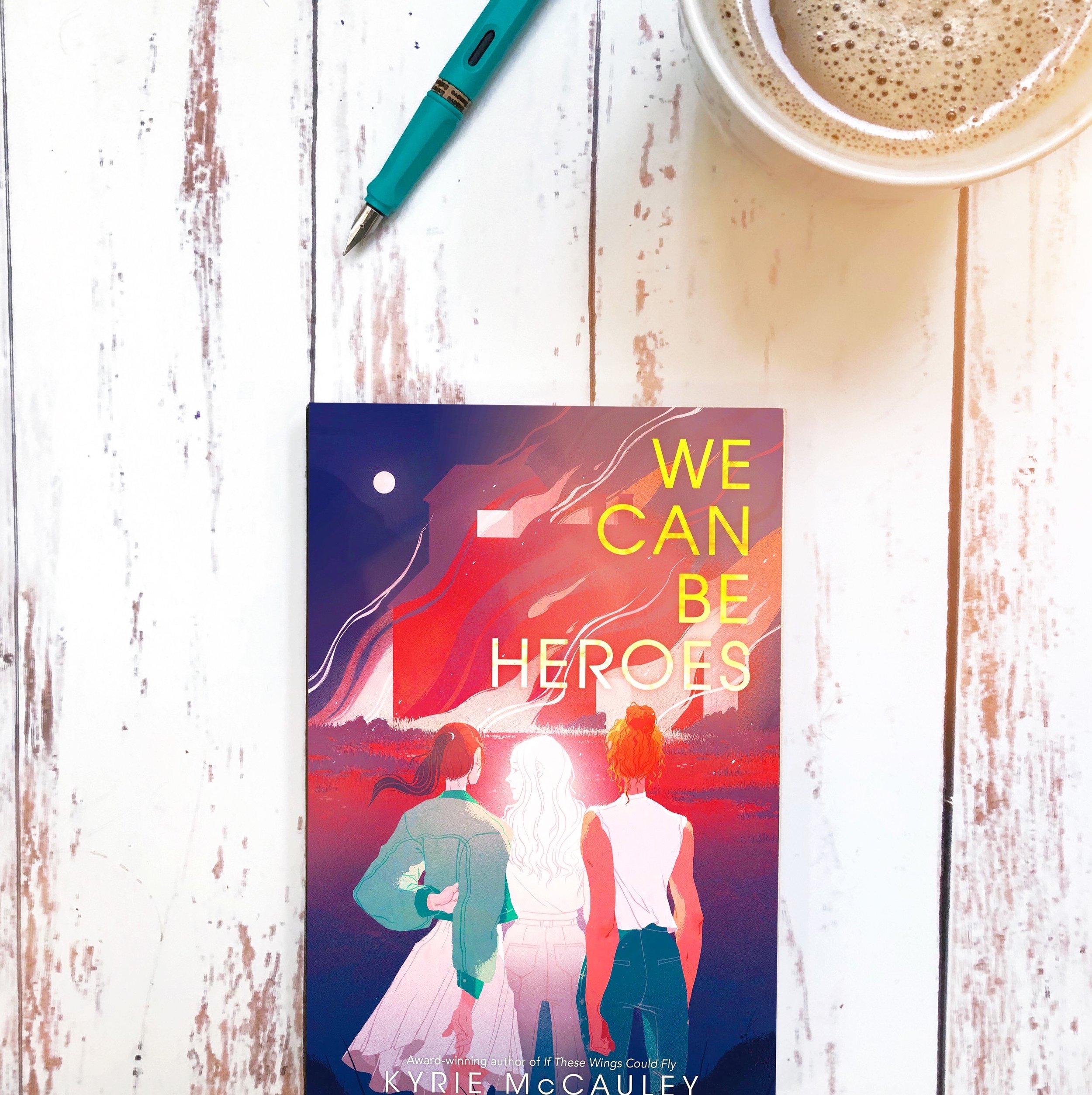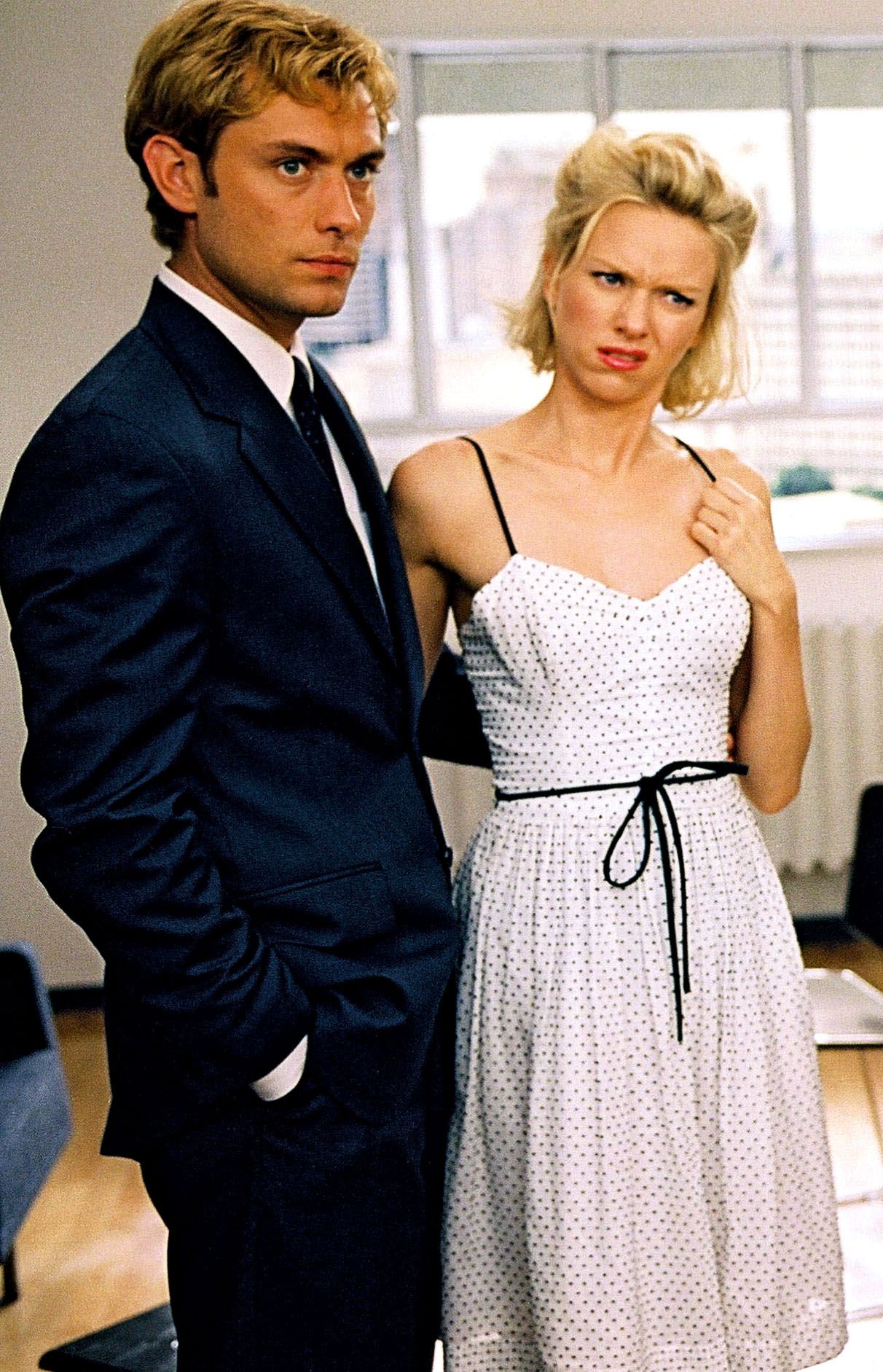3 Alternative Spines for High School World History
World history is fascinating — so why aren’t world history textbooks?
World history is fascinating — so why aren’t world history textbooks? If you’re aiming to ace the AP World History exam or cover a specific range of history, you may find a textbook helps you get where you need to go, but if your prospects are wide open, so are your book options. These not-your-standard spines will inspire your world history studies in brave new directions.
How We Got to Now By Steven Johnson
In significant ways—some profound and some problematic — human history is the history of invention and innovation. In this book, Johnson traces the impact of six different scientific break- throughs over time: glass, cold, sound, clean, time, and light. Glass, for instance, began a part of fancy Egyptian jewelry and evolved to modern fiber optics; the evolution and increasing precision of train schedules is a fascinating look at how sophisticated our methods of time measurement have become.
A History of the World in 100 Objects By Neil MacGregor
From the earliest surviving object made by human hands — a chopping tool from Africa’s Olduvai gorge — to a solar-powered lamp and charger, MacGregor explores the world through the objects used by ordinary people. It’s these very people whose stories often get left out of history books, though — as MacGregor demonstrates—their experiences are often the ones with lasting impact on history.
A History of the World in 12 Maps By Jerry Brotton
Cartography historian Jerry Brotton considers how maps have shaped our understanding of the world around us, from ancient Greece to Google Earth. Perhaps nothing reveals more clearly how we see t he world than our attempts to trace its limits, and maps — part science, part subjectivity — reflect the imperial, religious, and economic agendas that shaped history.
(We’re Amazon affiliates, so if you purchase something through an Amazon link, we may receive a small percentage of the sale. Obviously this doesn’t influence what we recommend, and we link to places other than Amazon.)


















Three action-packed YA novels that might just scratch your homeschool reading sweet spot.